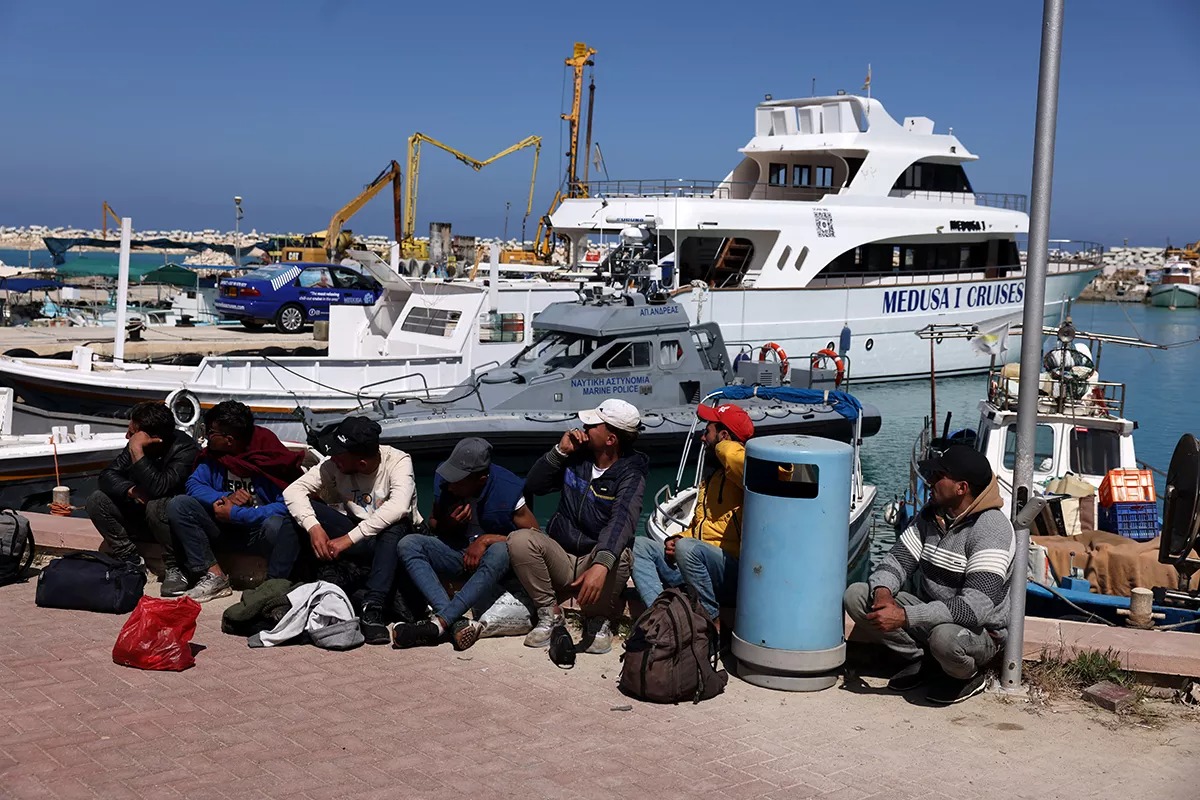After eight years of discussions, delays, and intense disagreements, on Wednesday afternoon the European Parliament approved the Migration and Asylum Pact.
The new agreement comes at a critical time for the European Union, which is faced with managing large migration flows, while also seeing an increase in anti-immigrant and far-right parties.
Brussels believes that with the Pact, better protection of external borders will be ensured, refugees and vulnerable migrants will be safeguarded, and that mandatory solidarity between member states will lead to a fairer distribution of migration burdens.
At the same time, they hope it will act as an antidote to the rise of the far-right across the continent.
Once approved by member states, the new Pact will be implemented, expected to be within the year. The question is whether the new Pact will finally provide solutions to this pressing issue.
It is highly likely that it won’t, as migration is a multifaceted problem with minimal consensus.
From those advocating for open borders and free movement to those envisioning a complete ban, there are various perspectives. Thus, without agreement on the basics, how can there be a consensus?
This became evident immediately. Before the applause for the approval of the agreement had even died down in the European Parliament, objections had already been voiced.
The biggest weakness of the reform is that it does not ensure mandatory relocation but gives member states the choice to either accept asylum seekers and refugees, contribute financially, or provide other forms of solidarity, such as sending personnel or technical assistance.
Polish Prime Minister Donald Tusk was illustrative, rushing to state that he would not agree to the relocation mechanism, suggesting that his country prefers to pay money rather than accept migrants.
Many other countries will do the same. If they need labour, like Germany for instance, they will accept those they need. Otherwise, they will refuse and open their wallets to contribute financially.
In short, as the saying goes, they will choose to buy their way out of trouble. Even if they have to pay around €20,000 per person they refuse to accept, they will do so to keep their borders closed.
The era, if there ever was one, where foreigners were welcome, has irreversibly passed.






